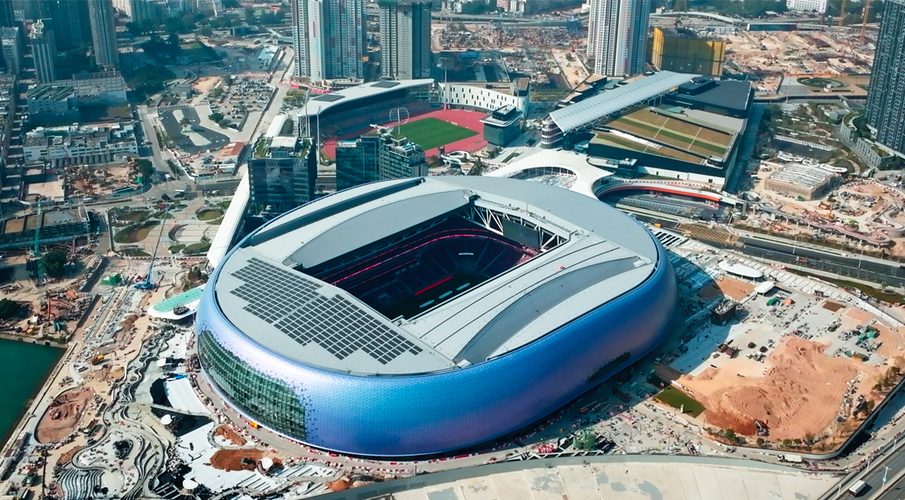Kai Tak Stadium: A Landmark for Sports in Hong Kong

Introduction to Kai Tak Stadium
As Hong Kong continues to evolve both economically and culturally, the unveiling of the Kai Tak Stadium marks a significant milestone for sports in the region. This new facility is set to replace the aging Hong Kong Stadium and aims to accommodate larger crowds while offering top-notch amenities.
Background and Development
Located in the bustling Kai Tak area, the stadium is part of a broader redevelopment plan that aims to rejuvenate the former airport site into a vibrant community. Construction began in early 2021, and upon completion, the stadium is expected to hold approximately 50,000 spectators. Additionally, the stadium will be equipped with a retractable roof allowing for events throughout the year, regardless of weather conditions.
Key Features and Facilities
Kai Tak Stadium is designed not only as a sports venue but also as a multi-purpose complex that can host concerts, exhibitions, and community events. The incorporation of state-of-the-art technology will improve both the athlete and spectator experience. Features include modern training facilities, hospitality suites, and ample parking spaces to cater to the influx of visitors.
Impact on Hong Kong’s Sports Landscape
The significance of Kai Tak Stadium extends beyond mere infrastructure; it represents Hong Kong’s commitment to becoming a global sporting destination. Scheduled to open in 2025, it is anticipated to host major international events, including football matches and athletics competitions. Local sports teams and community organisations are equally excited, as the stadium will provide new opportunities for grassroots sports and training programmes.
Conclusion and Future Outlook
With its innovative design and multifunctional capabilities, Kai Tak Stadium is poised to change the landscape of sports in Hong Kong. As construction progresses, officials and residents are hopeful that this new hub will not only elevate the city’s sporting profile but also contribute to community spirit and engagement. The arena is expected to play a pivotal role in hosting larger-scale events, thus attracting tourism and generating economic benefits for the region.









